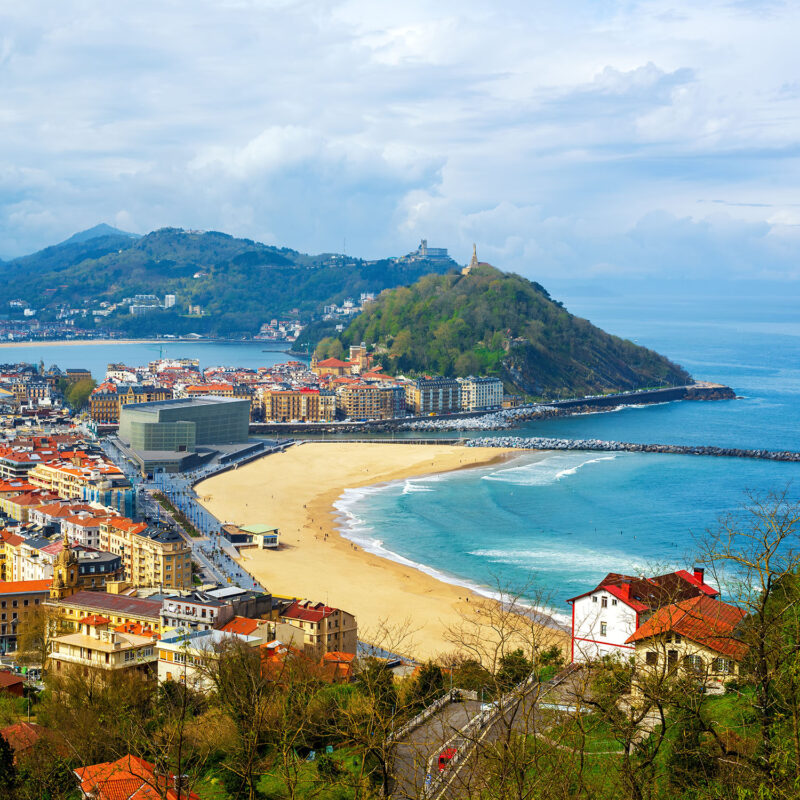
San Sebastian, Spain, 5–8 September 2022. ECSA 59 will bring together a global multi-disciplinary community of researchers, educators and practitioners to address issues of outstanding importance in the science (both natural and social) and management of estuaries and coastal seas in this rapidly changing world.
Estuaries and coastal seas are facing pressures coming from human activities, which result in habitats and biodiversity loss, introduction of invasive species, input of different types of pollutants (i.e., organic compounds, pharmaceuticals, microplastics, noise, light, etc.), overexploitation of resources and impairment of marine health status. This compromises the capacity of delivering ecosystem services and human benefits. On top of these effects, global change is dramatically modifying the structure and functioning of marine systems. To reverse this situation, implementation of management measures, rooted in the best scientific knowledge possible, are needed.
Identifying such measures requires long-term monitoring based on the ecosystem-based approach. This should be done through international collaboration (e.g. within the UN Decade of the Oceans, the Marine Strategy Framework Directive, etc.), with the participation of multidisciplinary teams, using novel monitoring, analysis and assessment tools, including multiple origin data sources, and going towards open science. This can help to manage the activities that we are doing at estuaries and coastal seas, and consequently, contribute to achieving sustainable seas and marine resources.
Proposed Conference Topics
The abstract submission system will open on 10 January 2022.
Abstract submission deadline: 1 April 2022
Changing physical settings and processes
- Coastal morphodynamics affected by engineering structures and sea-level rise
- From measuring to modelling hydro- and sediment dynamics
- Impact of extreme events on coastal systems
- Monitoring with coastal ocean observing systems
Biogeochemical processes and fluxes at the land – sea interface
- Biogeochemical processes and fluxes at the land – sea interface
- From catchment to coast: effects of land use change and hydrological regulations
- Carbon and nitrogen cycling in benthic and pelagic ecosystems
- Impact of ocean acidification on coastal systems
- Blue carbon: assessing the role and carbon storage potential of coastal wetlands, seaweeds and seagrasses
Shifting ecosystem structures and functions
- The effects of restoration on biodiversity and ecosystem services
- Role of functional and response diversity to changes for ecosystem resilience
- Linkages between estuaries, mangroves, seagrass beds and coral reefs
- Stress responses and resilience: from molecular to ecosystem level
The human dimension: impact, management, governance
- Resource use patterns and management and implications for the environment
- Participatory management approaches in coastal zone management
- Decision support tools and approaches for sustainable marine and coastal spatial planning
- Assessing marine ecosystem services
- Governing the commons: institutions for the Marine Governance
- Science communication, citizen science and ocean literacy